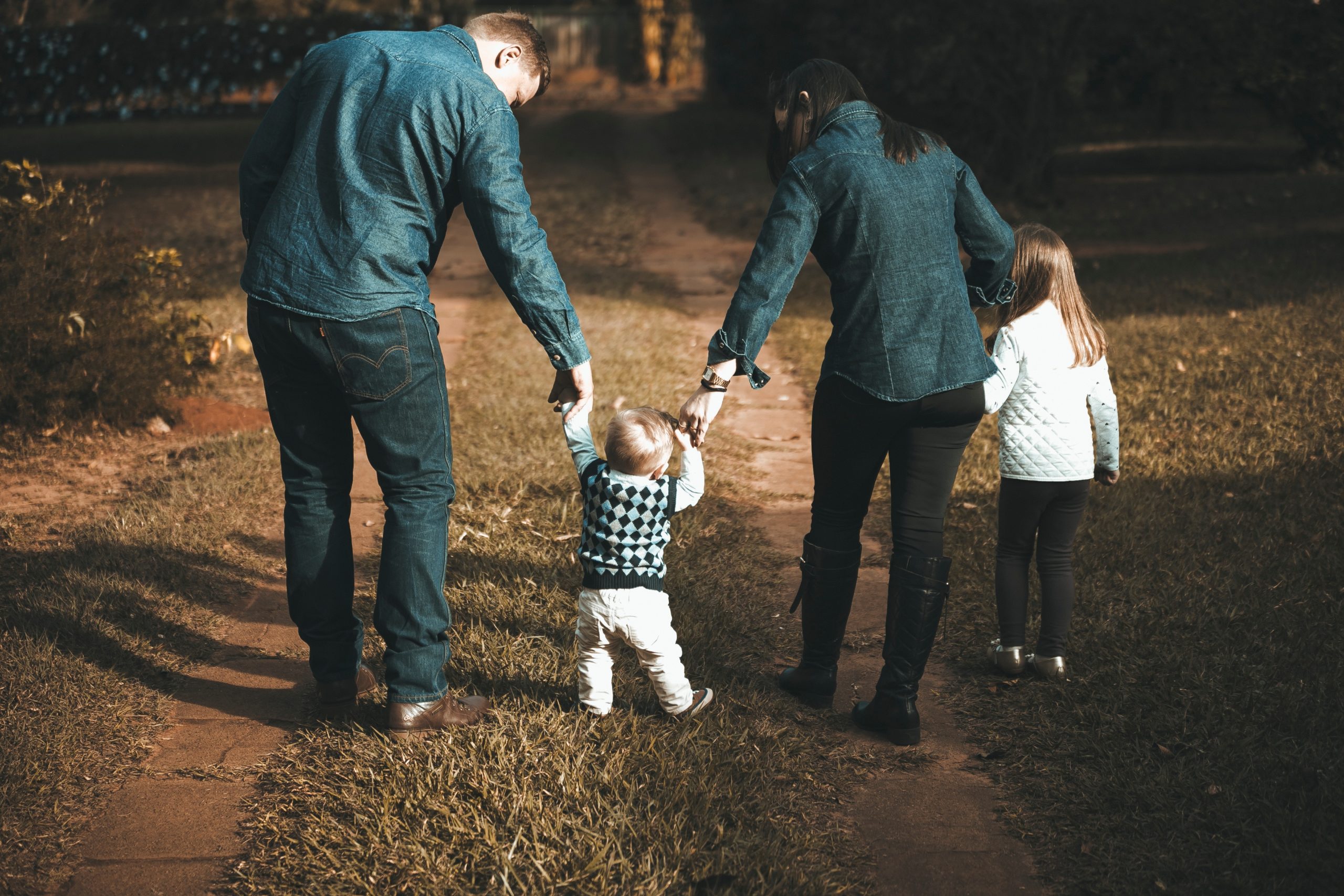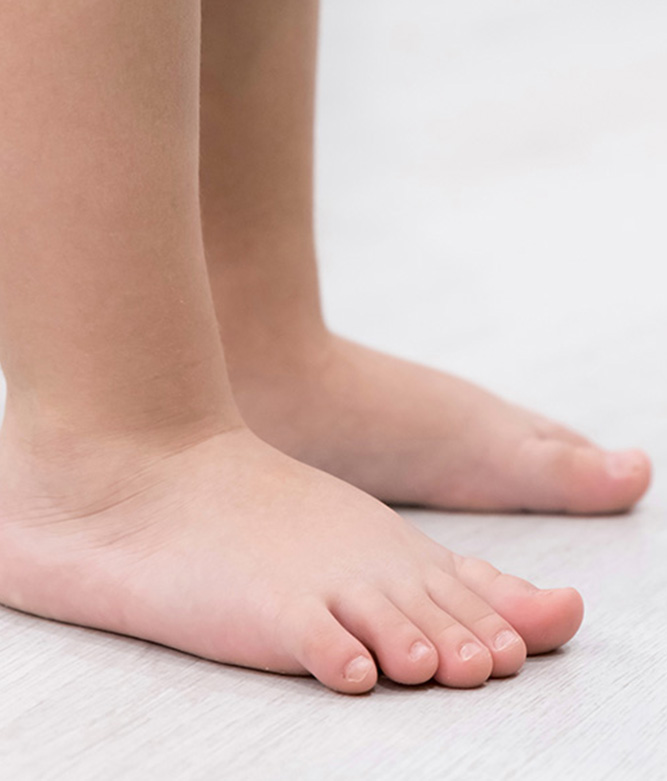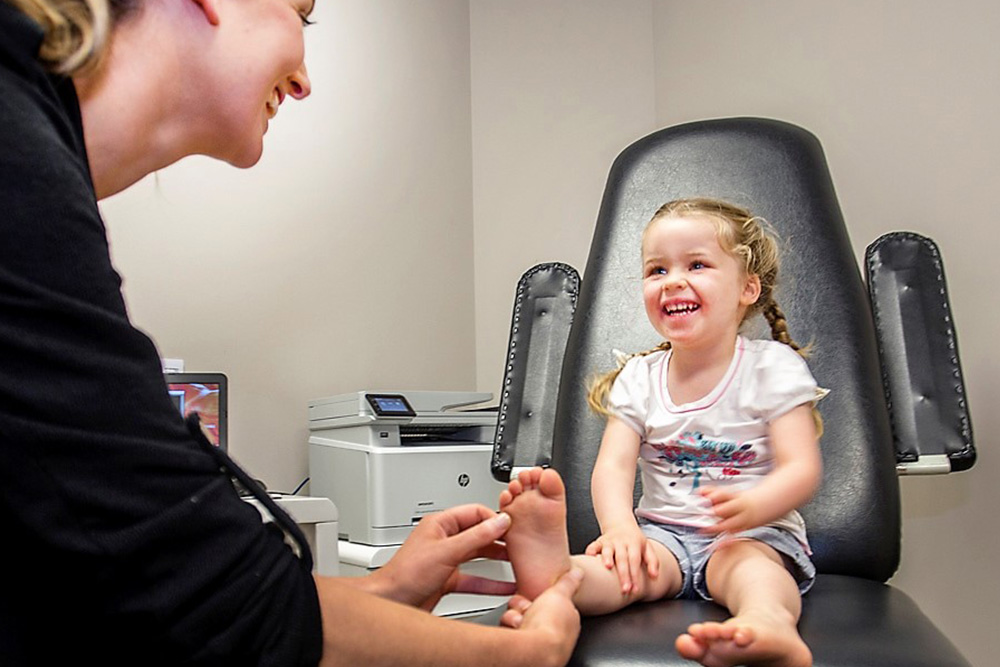
 One of the most important first milestones in your child’s life (and yours!) is their first steps. All children develop at their own pace and will all commence walking at different ages. Most children will take their first steps between nine and twelve months but there is a large variation in milestones and for some children, walking may take a little longer. If at 17 months your child is not yet walking, it is recommended you visit a health professional for an assessment.
One of the most important first milestones in your child’s life (and yours!) is their first steps. All children develop at their own pace and will all commence walking at different ages. Most children will take their first steps between nine and twelve months but there is a large variation in milestones and for some children, walking may take a little longer. If at 17 months your child is not yet walking, it is recommended you visit a health professional for an assessment.
When your child begins to walk, they will generally hold their arms high and their feet out wide for balance. As their balance improves, their feet should gradually get closer and their arms should drop to their sides. Sometimes, children may develop abnormal walking patterns such as in-toeing (pigeon-toed), out-toeing and in some cases, tip-toe walking.
Why do children start walking at different times?
To be able to take their first steps, your baby will need to have developed a variety of skills, especially strength, balance and coordination. As these skills develop at different rates, some children are prepared and confident to start walking sooner than others. There is no need to be concerned as long as your child is walking within 17 months. Some kids may simply be more interested in building other skills, like improving their communication, thinking and new emotions, which also occur around the same age.
Average milestones
 While every child is different, an average timeline for walking development may look like this:
While every child is different, an average timeline for walking development may look like this:
- 4 months – from 4-6 months old, your baby learns to roll over
- 6 months – from 6 months up to 10 months, your baby learns to crawl
- 9 months – at around 9 months, your baby will start trying to pull themselves up while holding onto furniture
- 10 months – between 9-10 months, your baby will also be bending their knees and confidently sitting back down (from assisted standing) by themselves
- 12 months – between 9 and 12 months, your baby will progress from moving between pieces of furniture, to standing without holding on, to squatting after standing, and taking their first steps
When is delayed walking a problem?
If your child reaches 17 months and isn’t walking, whether they’re not interested or it is a struggle to do so, it is best to have your child assessed. This will help you understand why there may be a delay and what should be done to help.
Is there anything I can do to help my child learn to walk?
 Playing together, encouraging movement (like crawling), and helping your child feel safe in their play space to explore walking may all help develop your baby’s skills and confidence when it comes to walking.
Playing together, encouraging movement (like crawling), and helping your child feel safe in their play space to explore walking may all help develop your baby’s skills and confidence when it comes to walking.
As your baby begins to pull themselves up onto furniture, help them learn how to sit back down by showing them how to bend their knees. When they’re ready, help them hold onto your arms and walk with them.
What if there’s something “off” about the way they walk?
If you begin to notice an abnormal walking pattern, err on the side of caution and have your child’s feet assessed by a podiatrist. We work with many parents that want peace of mind that there are no immediate underlying issues – or if there are, that they’re getting them seen to early. Many adult foot and lower limb issues begin in childhood, and are therefore more easily managed if they are addressed sooner rather than later.




